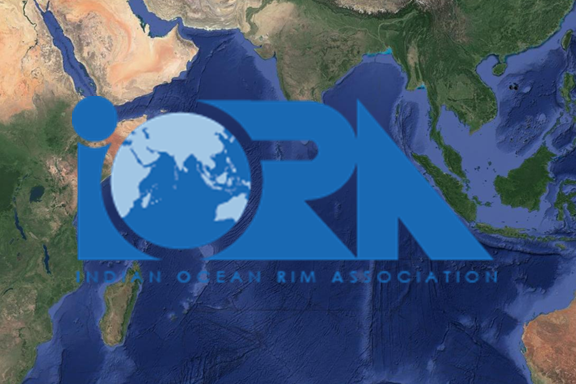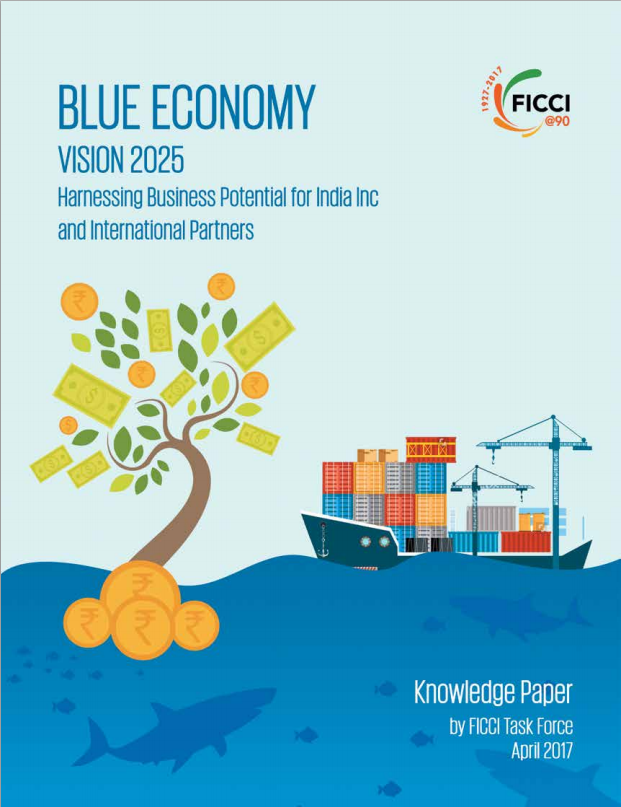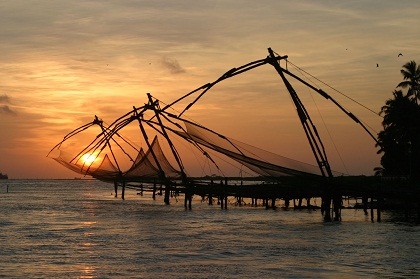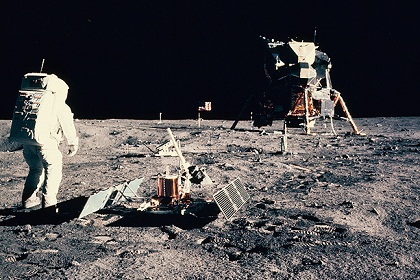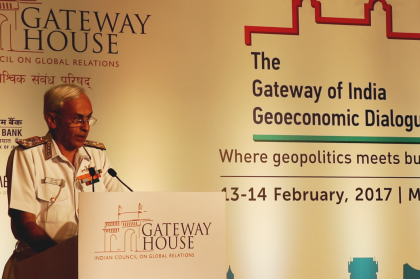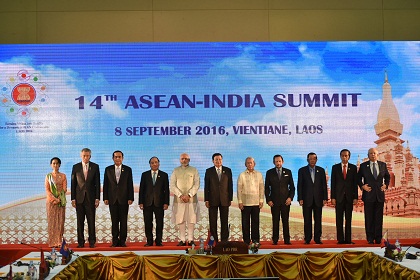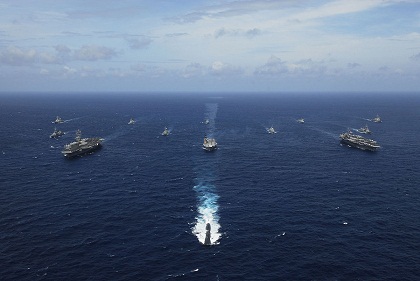Ignoring the writing on the wall
An annual important networking occasion for security experts, the GLOBSEC 2017 Bratislava Forum, had surprisingly little representation from major European countries, such as Germany and France. Russia’s misuse of cyberspace was loudly censured, but Chinese activity in the South China Sea, and the recently concluded Belt and Road Forum received little attention


